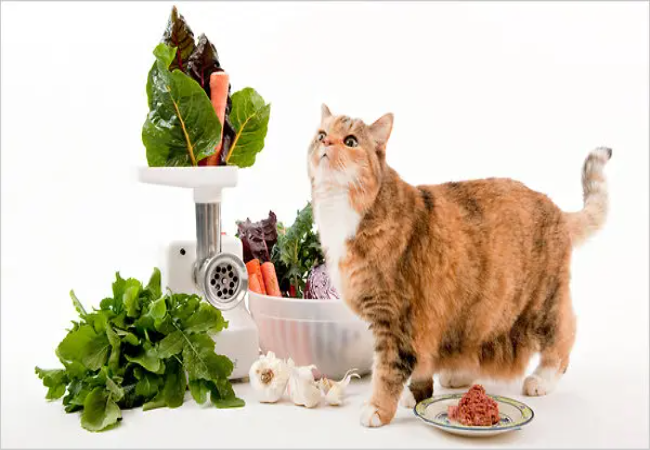Natural Feeding for Cats 2025: Vet’s Guide to Real Food, Not Just Kibble 🐱✨

In this article
Natural Feeding for Cats 2025: Vet’s Guide to Real Food, Not Just Kibble 🐱✨
Cats are obligate carnivores. That means they don’t just prefer meat—they biologically require it. Yet most commercial cat food is built on carbs, grains, and plant fillers. If you’re curious about switching to natural feeding, here’s what you need to know—straight from a vet.
I’m Dr. Duncan Houston, veterinarian and founder of Ask A Vet. Here’s how to feed your cat real food safely, whether it’s raw, cooked, or high-quality wet—without risking imbalances or GI upset.
🐈 Why Natural Feeding Is Ideal for Cats
- Cats lack the enzymes to digest carbs efficiently
- They need taurine, arachidonic acid, and vitamin A from animal sources
- Hydration is critical—cats on dry food often live in a state of mild dehydration
✅ What a Natural Cat Diet Should Include
1. Animal Protein (The Foundation)
- Chicken, turkey, rabbit, duck, lamb, beef, or fish
- Must be cooked or raw (from a balanced commercial source)
2. Fat (Energy + Skin/Coat Health)
- Natural animal fats, chicken skin (small amounts), or salmon oil
3. Organ Meats (Vital Micronutrients)
- Liver, kidney, heart – fed in correct ratios (usually 5–10%)
4. Supplements (When Home Cooking)
- Taurine (essential for heart + eye health)
- Calcium (from bone or eggshell powder)
- Vitamin E, zinc, and omega-3s
🍽️ Feeding Options for Natural Cat Diets
Option 1: Commercial Raw or Cooked (Complete & Balanced)
- Look for AAFCO-compliant brands designed for cats
- Easy, consistent, and safe for beginners
Option 2: Home-Prepared (With Vet Recipe)
- Use recipes from a veterinary nutritionist + supplement pack
- Requires careful balancing and weighing
💧 Hydration is Non-Negotiable
- Wet food, raw diets, or homemade provide 60–75% moisture
- Kibble = 10% moisture → leads to urinary issues over time
- Always provide filtered water + consider adding goat milk or bone broth
📋 Sample Cooked Natural Cat Meal (Vet-Guided)
- 50g cooked turkey
- 5g liver + 5g heart
- 2g fish oil + taurine powder
- Calcium supplement + vitamin blend
🛑 What to Avoid
- Feeding only muscle meat (causes nutrient deficiencies)
- Excess liver (can cause vitamin A toxicity)
- Dog food (cats have completely different requirements)
- Raw bones (can fracture teeth or cause GI injury)
🔗 Tools from & Ask A Vet
- Ask A Vet – Upload your cat’s meals and get a vet-reviewed, feline-specific diet plan
📋 Summary Excerpt
Cats are obligate carnivores—and their diet should reflect that. A vet explains how to feed your cat a natural diet with the right balance of meat, moisture, and micronutrients.
❓ FAQs
-
Q: Can I feed my cat raw food?
A: Yes—but only if it's from a complete, balanced commercial raw diet or guided by a vet nutritionist. -
Q: Is dry kibble bad for cats?
A: Not inherently—but it lacks moisture and may increase risk of kidney or urinary issues long term. -
Q: Do cats need supplements?
A: Yes—especially if home-cooked. Taurine, calcium, and omega-3s are critical.






